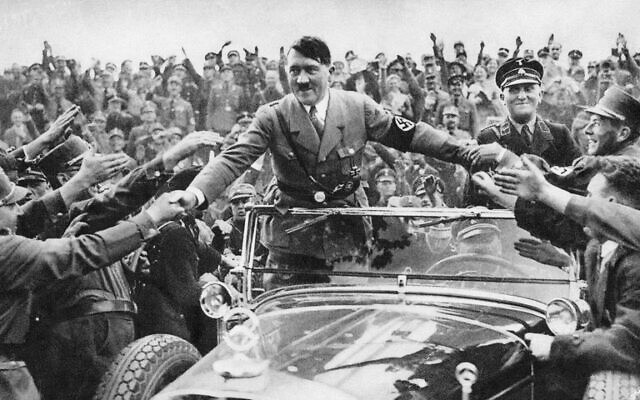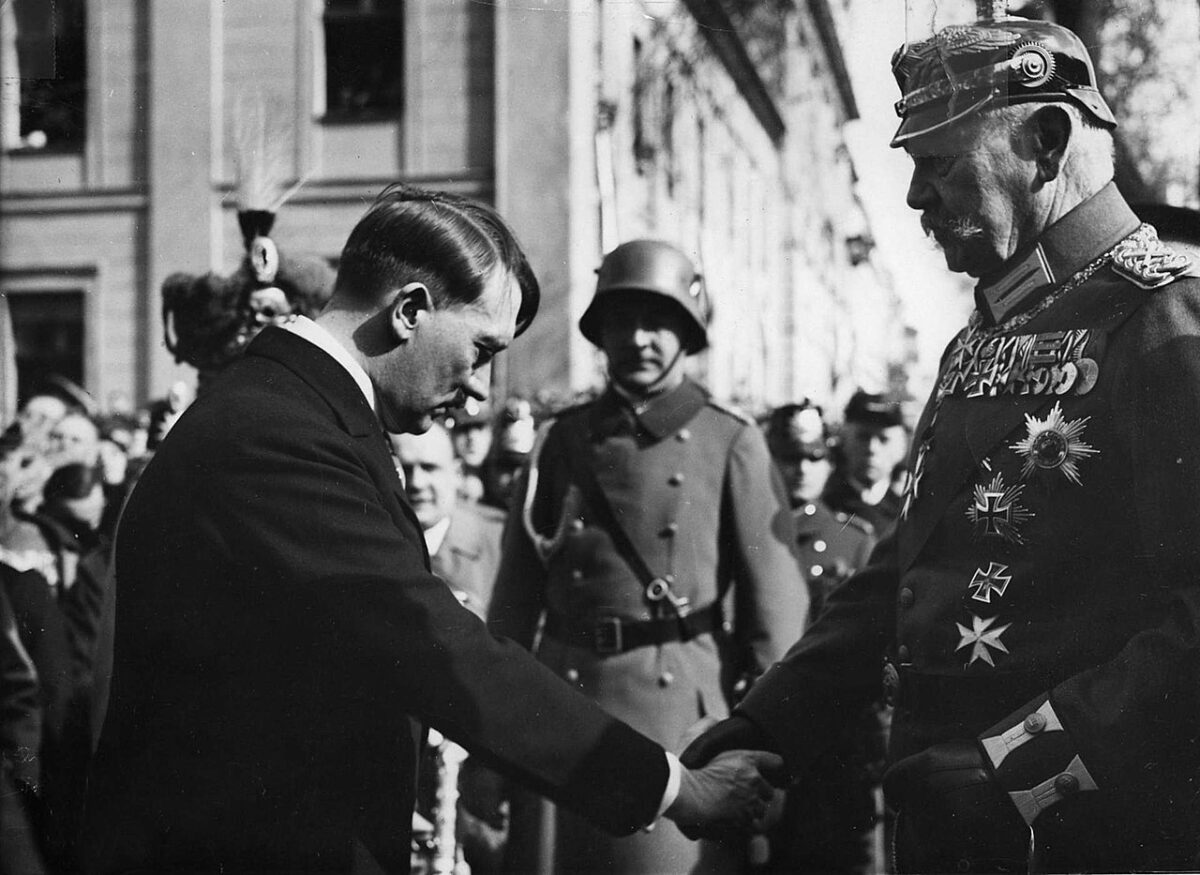Germany was a liberal democracy until Adolf Hitler’s rise to power. After his appointment as chancellor in January of 1933, Germany fell into the hands of a murderous fascist clique that persecuted dissidents and Jews, destroyed democratic institutions and invaded neighboring countries.
Germany’s descent into dictatorship is explored in Rise of the Nazis, which starts on the PBS network on November 10 at 9 p.m. (check local listings).
This compelling three-part BBC series, directed by Julian Jones, is a primer on the destruction of German democracy and the creation of a racially pure nation where Aryans would reign supreme and Jews would be demonized, marginalized and eventually murdered.
Enhanced by dramatizations and interviews with British and German historians, the three-hour plus documentary covers the eventful period from 1930 to 1934.
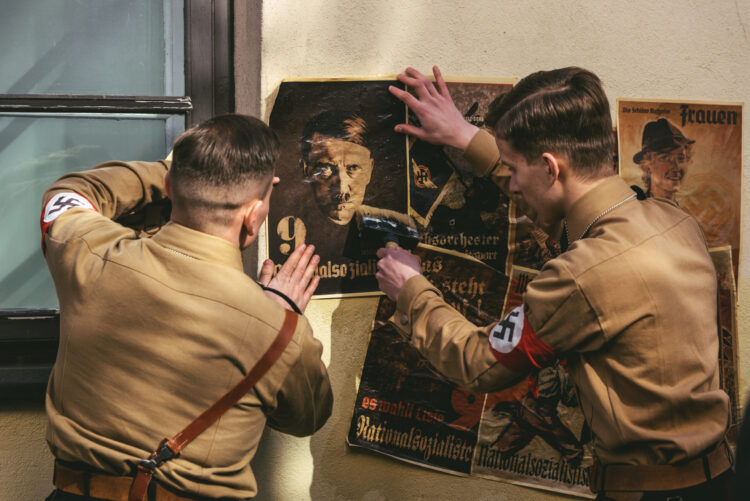
During much of this tumultuous era, Germany was politically polarized and its future hung in the balance as Hitler struggled to attain primacy over his conservative and left-wing adversaries.
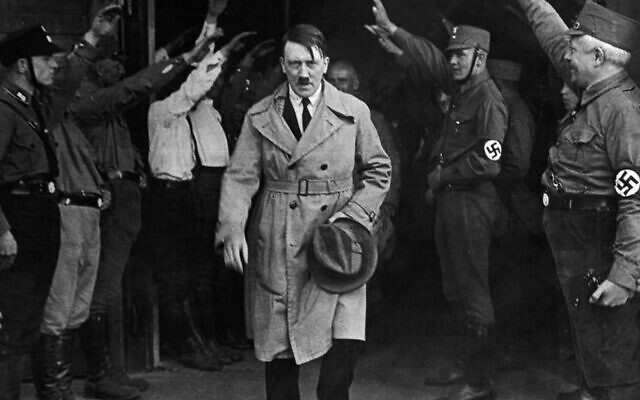
For years, Hitler’s National Socialist Party was widely regarded as too extreme to ever rule Germany. But having won 18 percent of the vote in the 1930 election, the Nazis were no longer regarded as a flash in the pan.
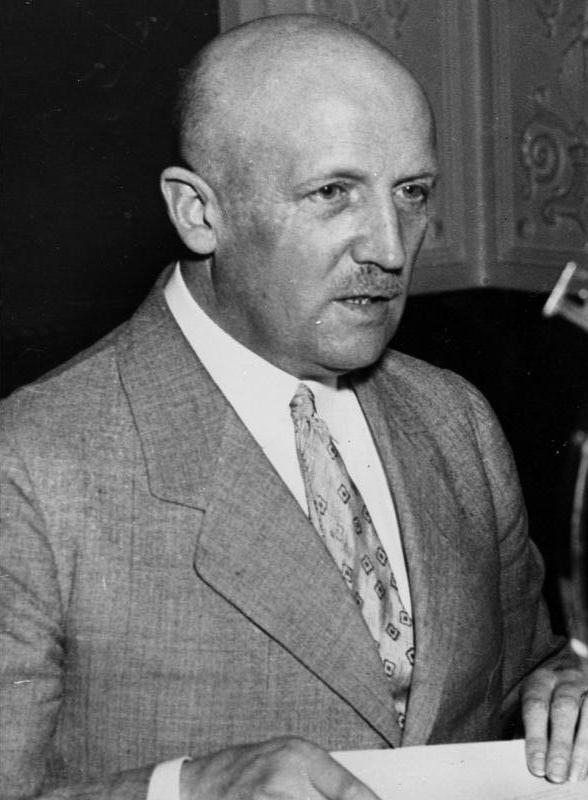
Kurt von Schleicher, a right-wing general and a wheeler dealer in German politics, believed the Nazis could be useful in crushing the left, which was primarily composed of the Social Democratic Party and the Communist Party.
A cunning manipulator, he convinced President Paul Von Hindenburg — an arch conservative from the landed aristocracy — to work cooperatively with Hitler. In a masterful stroke, Von Schleicher persuaded Von Hindenburg to meet Hitler, a veteran of World War I. Hitler did not impress his host, who contemptuously described him as “this Austrian corporal” and thought he would best be suited as a postmaster.
In pursuit of the chancellorship, Hitler called for new elections, setting out to win German hearts and minds as a man of the people, while ordering his stormtroopers to carry out violent attacks against his enemies.
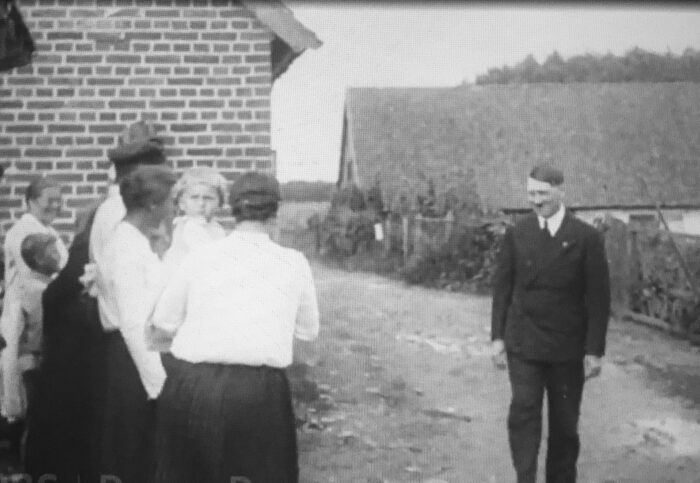
Von Schleicher, the quintessential backroom operator, convinced Von Hindenburg to sack the chancellor, Heinrich Bruning, and to replace him with a malleable aristocrat named Franz von Papen.
In 1932, the Nazis waged another election campaign and increased their share of the vote to 37 percent, becoming the largest party in parliament. Nazi deputies in the Reichstag then proceeded to topple Von Papen’s government. With Von Papen clinging to office, Von Schleicher persuaded Von Hindenburg to choose him as Von Papen’s successor.
As chancellor, Von Schleicher attempted to curb Hitler’s political ambitions, but to no avail. Von Papen, Von Schleicher’s mortal enemy, out-maneuvered him and formed a coalition government with Hitler on the understanding that he, Von Papen, would serve as vice-chancellor in a government under Hitler’s leadership. Von Papen hoped that, as chancellor, Hitler would discredit himself and the Nazi Party.
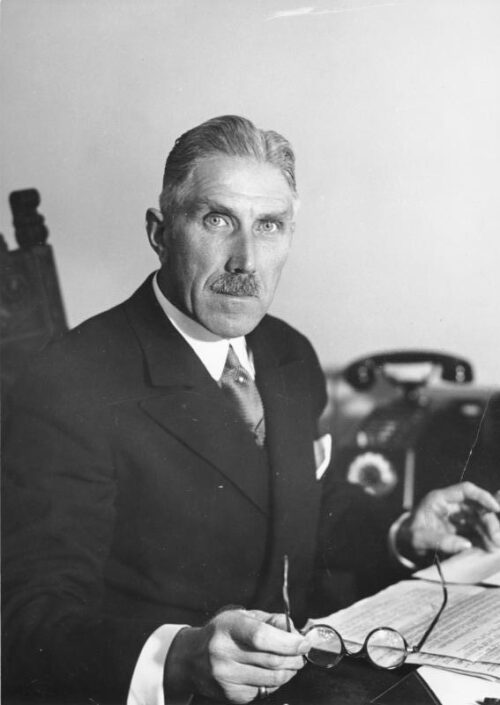
The upshot was that Hindenburg dismissed Von Schleicher and appointed Hitler in his place. Von Schleicher retired from politics, and he and his wife were murdered by the Nazis in 1934.
It took Hitler six months to bury Germany’s democratic system.
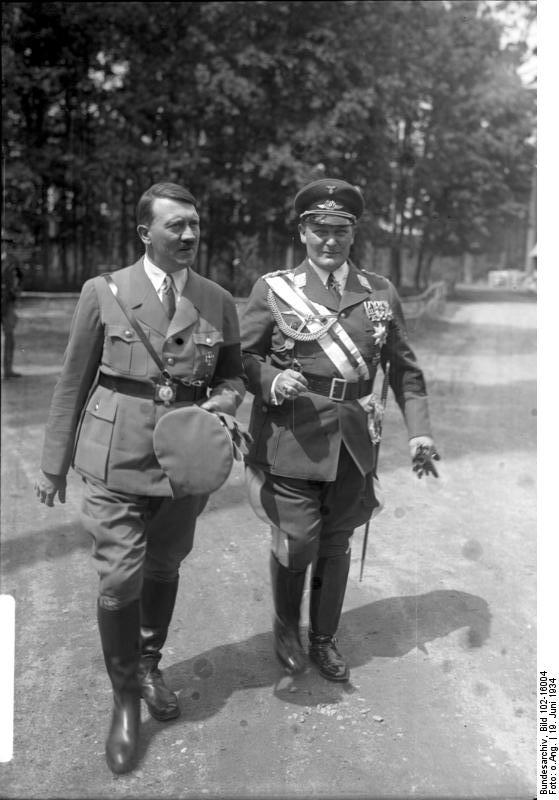
In new elections, the Nazis won 44 percent of the seats in the Reichstag. In the wake of the Reichstag fire of 1933, one of Hitler’s henchmen, Hermann Goring, arrested scores of Communist Party deputies. In the meantime, Von Hindenburg granted the Nazis sweeping emergency powers. Under the Enabling Act, they suspended parliament.
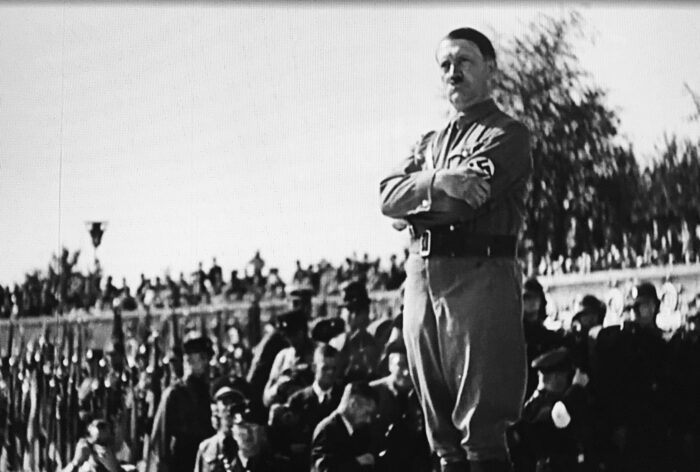
SS chieftain Heinrich Himmler rounded up political adversaries and placed them in Dachau, a new “reeducation” camp near Munich where Jewish prisoners, in particular, were treated brutally. Josef Hartinger, a non-political deputy prosecutor, sought to press charges against Dachau’s commandant following the deaths of four Jews, but his boss would not sign the indictments, thereby undermining the criminal code.
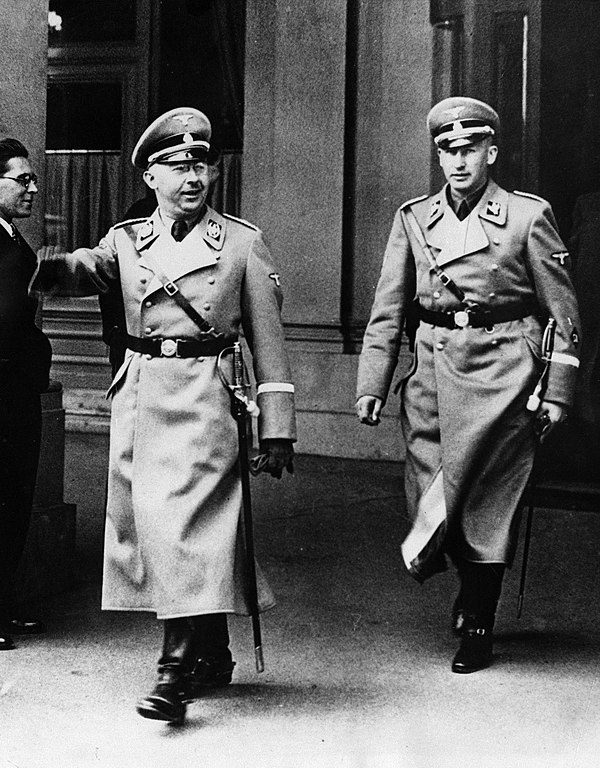
There are passing references in this series to the mistreatment of German Jews, but they only gloss over this important facet of Nazi oppression.
The third episode is almost entirely devoted to the clash between Hitler and old party comrade Ernst Rohm, the commander of the stormtroopers. Rohm wanted to take control of the army and rid Germany of its old elite. Hitler rejected Rohm’s demands, but was initially reluctant to move against him. Goring and Himmler had no such compunctions and organized a plot to kill him and his closest followers.
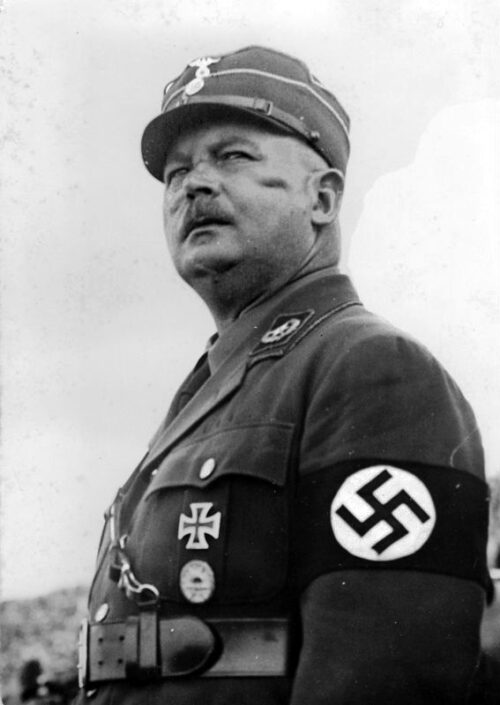
On June 30, 1934, dozens of Rohm’s lieutenants were killed in nation-wide raids in what came to be known as the Night of the Long Knives. Rohm himself was murdered in a prison cell shortly afterward. In one stroke, Hitler thereby eliminated a potential rival and his base of supporters. With Rohm’s demise, two of Hitler’s most loyal acolytes, Himmler and Goring, amassed yet more influence in the party.
Hindenburg’s death in August of that fateful year removed another obstacle to Hitler’s quest for total power. From that point onward, Germany slid inexorably into totalitarianism, with all its attendant consequences.
Rise of the Nazis charts this process methodically and chillingly.
